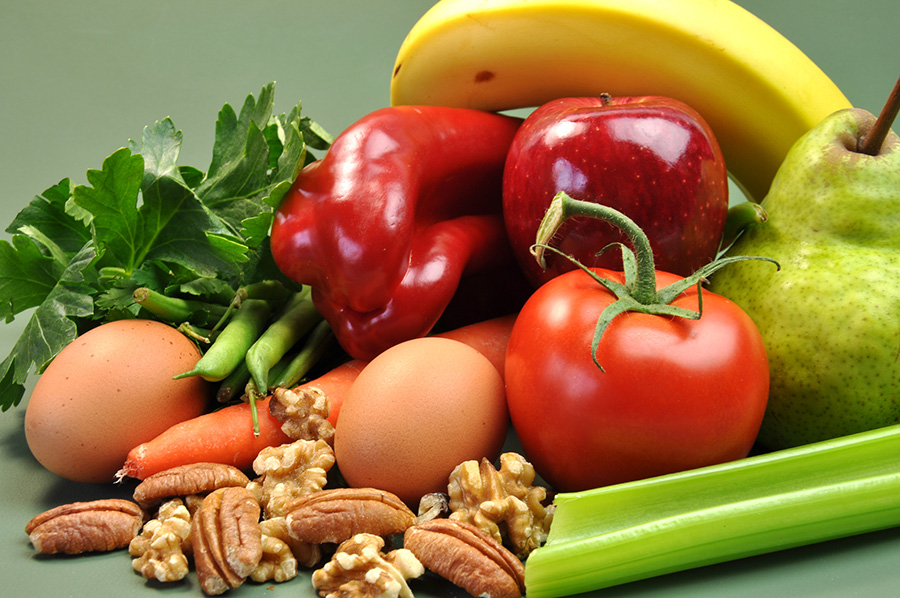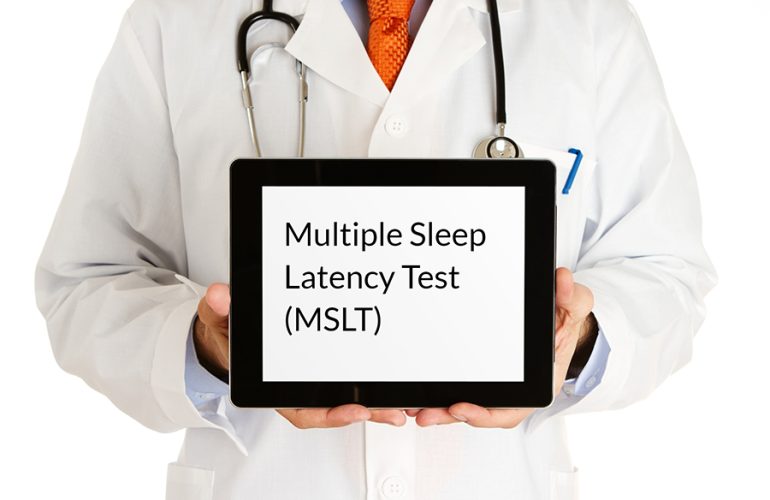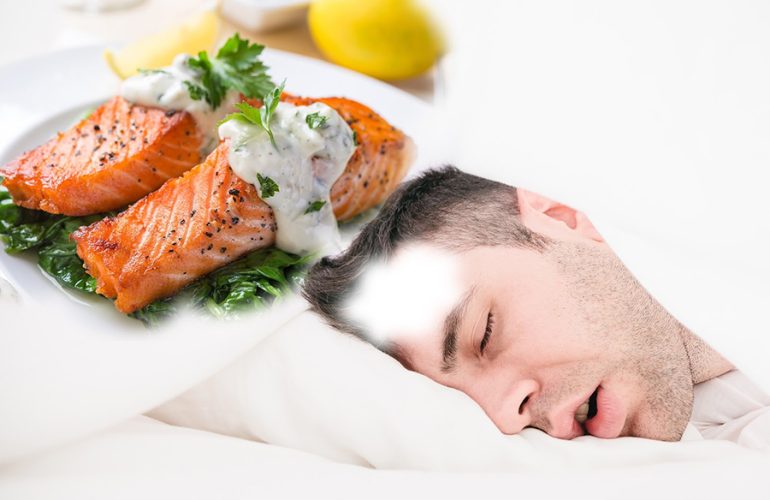[seasidetms_row data_width=”boxed” data_padding_left=”3″ data_padding_right=”3″ data_top_style=”default” data_bot_style=”default” data_color=”default” data_bg_position=”top center” data_bg_repeat=”no-repeat” data_bg_attachment=”scroll” data_bg_size=”cover” data_bg_parallax_ratio=”0.5″ data_padding_top=”0″ data_padding_bottom=”50″ data_padding_top_large=”0″ data_padding_bottom_large=”0″ data_padding_top_laptop=”0″ data_padding_bottom_laptop=”0″ data_padding_top_tablet=”0″ data_padding_bottom_tablet=”0″ data_padding_top_mobile_h=”0″ data_padding_bottom_mobile_h=”0″ data_padding_top_mobile_v=”0″ data_padding_bottom_mobile_v=”0″ data_shortcode_id=”yg3bify66″][seasidetms_column data_width=”1/1″ data_bg_position=”top center” data_bg_repeat=”no-repeat” data_bg_attachment=”scroll” data_bg_size=”cover” data_border_style=”default” data_animation_delay=”0″ data_shortcode_id=”31h7zj56l”][seasidetms_text shortcode_id=”o3odlmur49″ animation_delay=”0″]
When we think about foods or beverages that may keep us up at night, we immediately conjure up visions of coffee, cola, chocolate and all other manner of sugary delights. But what about foods that can actually help us sleep better? Do these even exist, and if so, why don’t we ever hear about them as compared to the constant reminders to avoid drinking coffee before bedtime?
They do indeed exist, and in this article, we’re going to shine a spotlight on some of them.
Researchers have found that consuming a diet high in sugar, saturated fat and processed carbohydrates can disrupt sleep, while on the other hand, eating more plants, fiber and foods rich in unsaturated fat – i.e. nuts, olive oil, fish and avocados – seems to provoke the opposite effect…that is, helping to promote sound sleep.
Where do these studies come from, and how do researchers know this for a fact? Much of what we understand about sleep and diet is derived from large epidemiological studies that, over the years, have revealed that people who suffer from consistently poor sleep tend to indulge in a poorer-quality diet, with fewer fruits and vegetables, less protein and a higher intake of added sugar from items like the aforementioned sugary beverages, desserts and ultra-processed foods.
Still, we here at Sweet Sleep Studio are here to do a job, and that’s to inform you about the effects of food on sleep and suggest foods that can benefit sleep. To gain a better understanding of the relationship between diet and sleep, we have analyzed research that encompassed randomized controlled trials in which participants were instructed what to eat while changes in their sleep were analyzed; surprisingly, items like energy drinks and even decaffeinated coffees and teas ranked high on the “keeping us awake” list.
Here’s one eye-opening statistic we looked at: a study of popular coffee establishments revealed that some decaf brews contained more than 13 milligrams of caffeine in a 16-ounce serving – as much as some of the same establishment’s caffeinated options.
A few other foods and beverages to limit or avoid before bedtime – and to achieve better sleep – include:
- Alcohol
- Spicy foods
- High fat and high protein foods
In the end, when it comes to better sleep, eating complex carbohydrates such as whole wheat toast or a bowl of oatmeal before bed can trigger the release of the sleepy hormone serotonin, and, perhaps best of all, these items don’t take long to digest.
Sweet Sleep Studio is a medical sleep practice in Missouri that can help you with any sleep issue you may be having, whether it’s sleep apnea, insomnia or nutrition challenges. Discover for yourself why our practice boasts the sleep doctor Kansas City has been waiting for by calling (913) 309-5963.
[/seasidetms_text][/seasidetms_column][/seasidetms_row]




